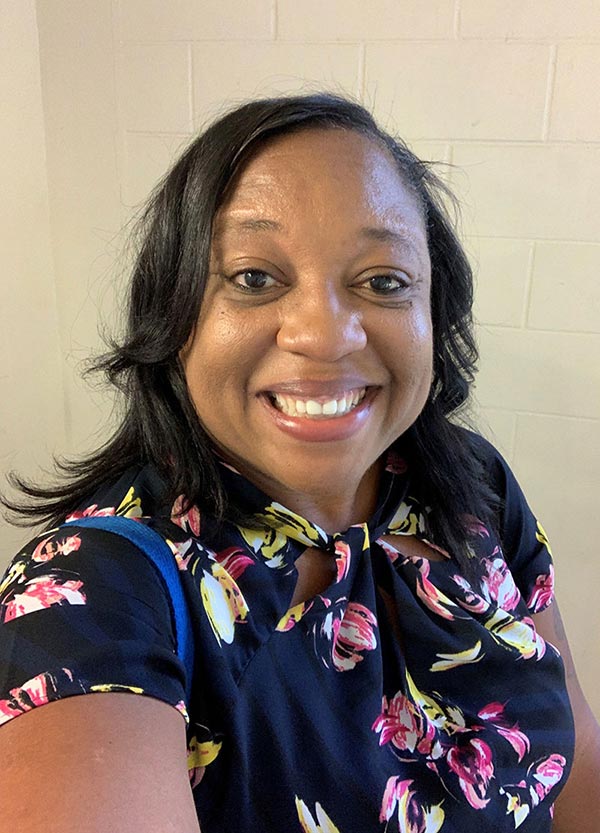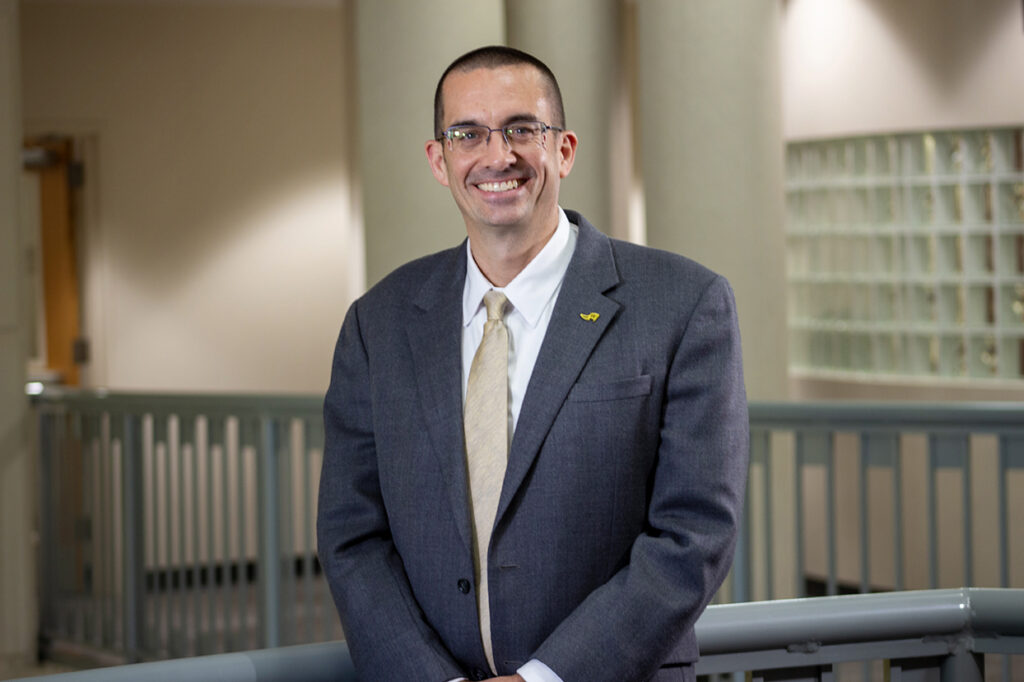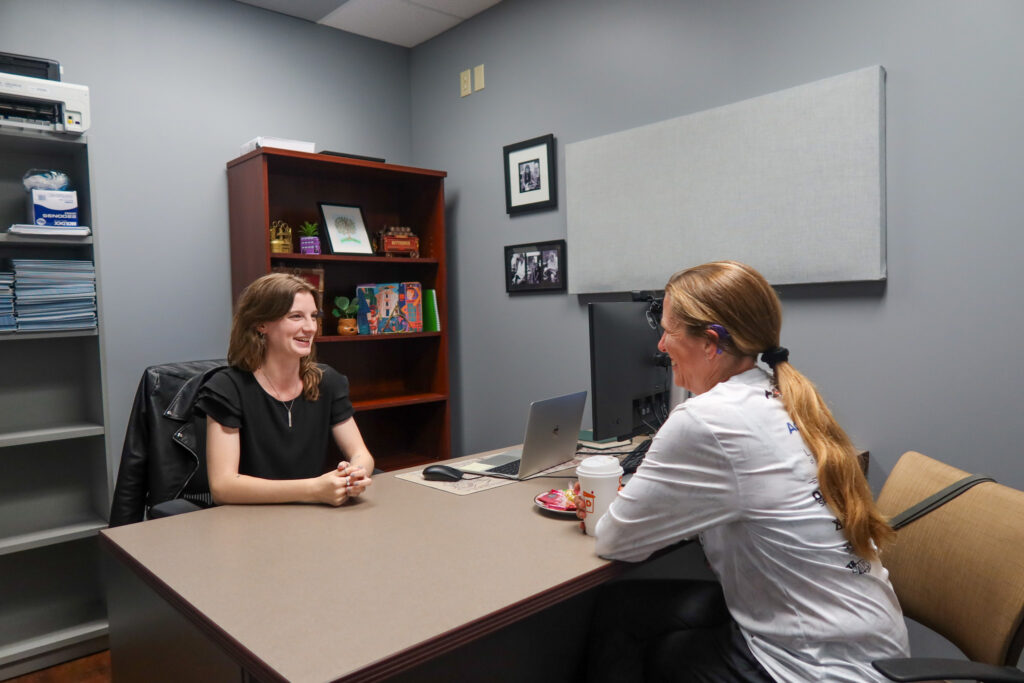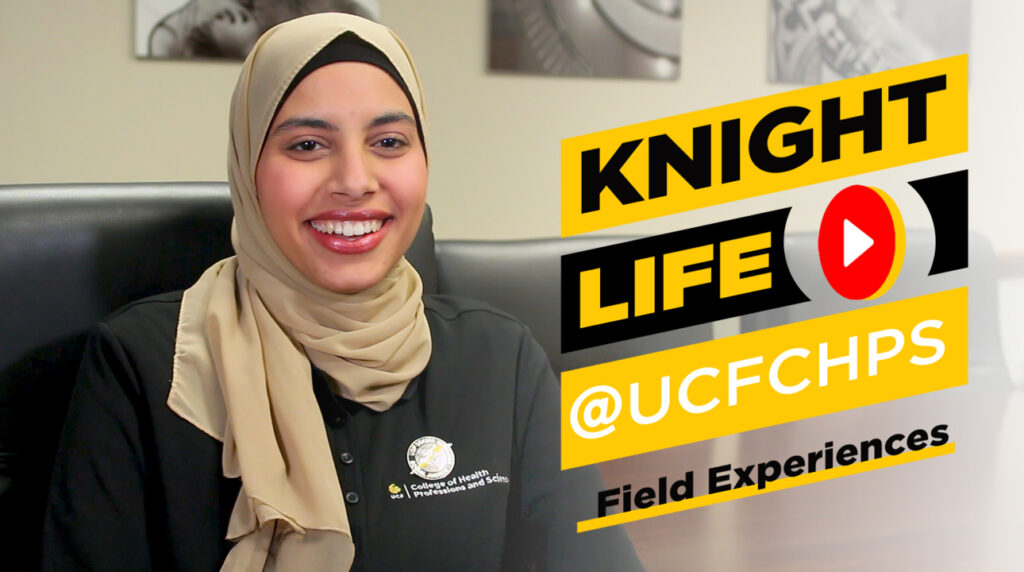The unpredictability and stress of the coronavirus pandemic has affected the mental health of many. With so many issues in the mix, the situation is a good reminder that mental healthcare is not ‘one-size fits all.’
We spoke with UCF School of Social Work Associate Professor Reshawna Chapple and Professor Sophia Dziegielewski to gain a greater perspective on what that means.
Reshawna Chapple, Ph.D., MSW, LCSW
What are some beneficial ways students and other individuals can cope with the implications of the pandemic?
Chapple: For students, this is a time they may want to be their best. However, during this time they need to be patient with themselves, with their friends. We are all dealing with this collective grief. It’s OK not to be an A plus student right now.
What general advice can you provide students who are having trouble coping with the current situation?
Chapple: Set limits, pick your battles, understand when you need to take a break and that you CAN take a break and above all else just do the best you possibly can do.
What else can social workers and other health and mental healthcare professionals do to assist their clients during this time?
Dziegielewski: As the environment changes so rapidly, the need for social work has never been greater. Healthcare recommendations that neglect “starting where the person is” can lead to information overload and the denial of situational relevance. For example, to simply recommend “electronic” communication when the person does not have wifi, could disconnect the individual from other suggestions that could be more relevant to their situation.
Chapple: It is important to be cognizant of clients’ needs and recognize that everyone does not come from the same place you come from. I strongly believe in using culturally responsive, strengths based, trauma informed practice with everybody. Professionals need to also remember to practice supportive strategies on themselves to avoid burnout.
Dr. Dziegielewski, in your book, The Changing Face of Health Care Social Work, Fourth Edition: Opportunities and Challenges for Professional Practice (2020), you state that social workers need to be P.R.O.A.C.T.I.V.E when experiencing challenges. Can you please briefly explain that acronym?
Dziegielewski: P.R.O.A.C.T.I.V.E. stands for: Positive positioning, Recognition of a person’s needs, Organize and empower people and providers, Address service needs, Collaboration with other providers, Teaching and empowering others, Investigation that leads to innovation, Values and ethics, and Empower people and providers.
Making a PROACTIVE stance is central to successfully helping in this time of crisis. When developing a “customized” practice strategy, keep in mind two premises central to social work practice: the “mind and body” connection, and how it links directly to the “person-in-environment” stance.
As we complete our Mental Health Awareness Month, it is important to remember that every individual has their own needs and approaches to their mental health should be taken on a case-by-case scenario. Visit Mental Health America’s website for more information.









